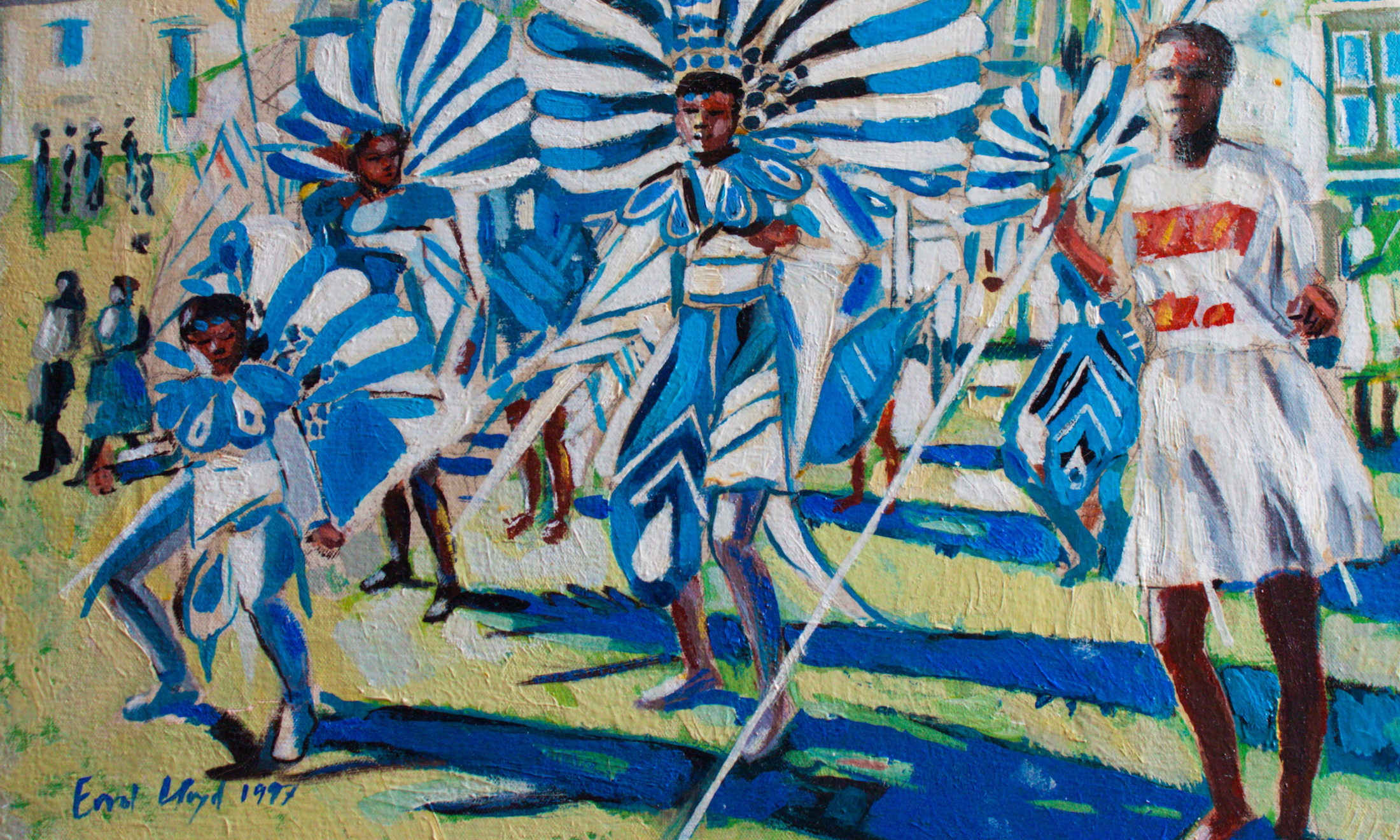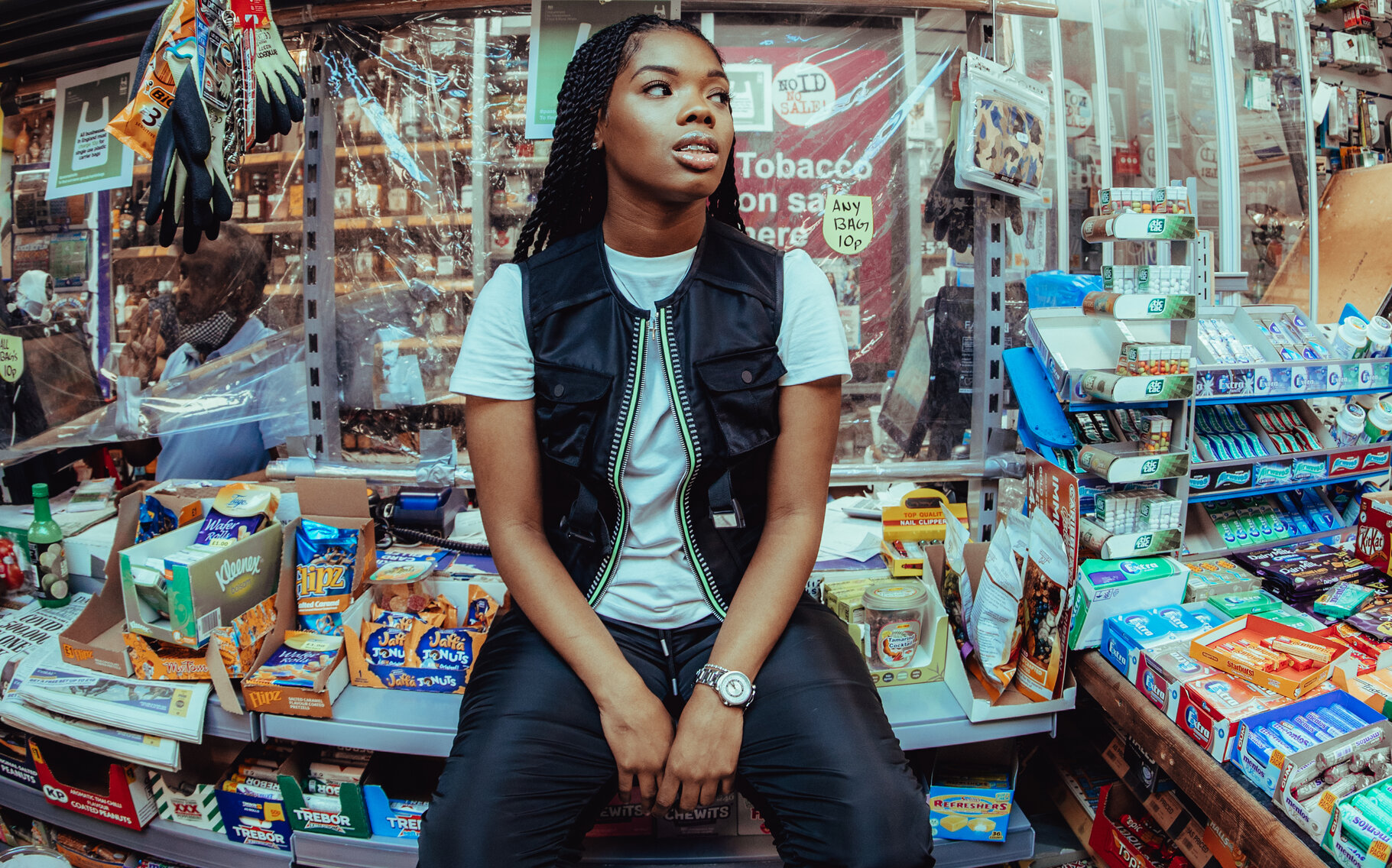
Chris Jackson/PA Wire/PA Images
William and Kate’s Caribbean tour is no charm, all offensive
The Royals’ latest publicity stunt is nothing but a reminder that Jamaica should have become a republic long ago.
Christina Ivey
24 Mar 2022
It was a trip intended to boost the image of the Royal Family among the seven remaining Commonwealth realms in the Caribbean. But from the moment the Duke and Duchess of Cambridge started their Caribbean tour of Belize, Jamaica and the Bahamas, it’s been anything but.
No one in the Caribbean asked for this tour. In fact, successive Jamaican governments have promised the people a republic status since the 1970s, the same decade that Trinidad and Tobago as well as Guyana transitioned from constitutional monarchies to fully-fledged republics. And with Barbados becoming a republic in November last year, calls from Jamaica for republic status and reparations have only grown louder.
Since their arrival, William and Kate have been met with repeated protests demanding reparations for slavery and colonialism. People from all walks of Jamaican society gathered in front of the British High Commission in Kingston, calling on others to “trample Babylon” and decrying harsh living conditions in Jamaica. The organisers of the protest, The Advocates Network, released a letter beforehand outlining 60 reasons for reparations, aligning with Jamaica’s 60th year of independence this coming August. All these actions capture the public mood on the island; not one of celebration, but one of frustration at lack of recognition that is long overdue.
“With Barbados becoming a republic in November last year, calls from Jamaica for republic status and reparations have only grown louder”
In Trench Town, Will and Kate were awkwardly shepherded around by Culture Minister, Olivia Babsy Grange, whose ministerial role includes overseeing Jamaica’s Reparations Council. They appeared to be met by huge crowds. But of course, many had actually turned out to see footballer Raheem Sterling, one of the island’s many sporting success stories and a Jamaican fan favourite. Kate held hands with children reaching out through the chain link fence surrounding the football pitch, leading to one of many uncomfortable visuals from this trip.
At Trench Town Culture Yard, the birthplace of reggae music, the couple played drums alongside members of the Rastafari community. This seems innocuous enough – who doesn’t like reggae music? But when you learn that the British banned all drums across the Caribbean for nearly 200 years, fearing its use as a communication device in uprisings, there’s an unsettling undercurrent to these videos. Will and Kate’s drumming is also in conflict with foundational aspects of the Rastafari movement, a religion started in the 1930s out of feelings of alienation by the colonial government, a desire to reconnect with Africa, and frustration over being ruled by a white British king. Other Rastafari have denounced the event and branded the Rastas present as ‘sellouts’. It’s hard to stomach Rastas sharing this sacred act with the figureheads of their subjugation.
“When you learn that the British banned all drums across the Caribbean for nearly 200 years, fearing its use as a communication device in uprisings, there’s an unsettling undercurrent to these videos”
That subjugation has continued to this day, manifesting clearly during Kate and William’s all-smiles, supposedly cheerful trip. In the western end of the island, another set of protests organised by the Rastafari Coral Gardens Benevolent Society were curtailed by police, who asked them not to display signs demanding reparations from the royals. It’s yet another incident in the long history of state repression of the Rastafari, who have faced torture, massacres, and mass detention at the hands of both the former colonial government and the independent Jamaican state.
At several stages, Jamaicans themselves have been sidelined, from the local media to hospital staff at photo-op visits. Yet Jamaica’s leadership left no doubt on the future of the country’s relationship with the monarchy. On 23 March, William and Kate met with Jamaican Prime Minister, Andrew Holness, who delivered the news point blank that Jamaica would be “moving on” with the process of becoming a republic before even giving the couple a chance to sit down and prepare themselves.
“In a banquet hall full of descendants of enslaved Africans, hosted by a government actively petitioning his family for reparations, William still chose to centre his family”
Later that same day, in a speech which promised to address slavery, William said nothing new, largely mirroring his father’s speech in Barbados last year: an acknowledgement that slavery was bad and should not have happened, but nothing approaching an actual apology, nor recognition of the ways in which the Royal Family itself profited from slavery. In a banquet hall full of descendants of enslaved Africans, hosted by a government actively petitioning his family for reparations, he still chose to centre his family by saying “slavery forever stains our history”. Even if he did apologise, words are not enough to remedy the injustices that has been inflicted on Jamaica and the wider Caribbean: from slavery to the deportation flight that was rescheduled after the announcement of the royal tour.
This all comes amid a broader context in Jamaica that has been completely overlooked in fawning British press coverage of the couple’s trip. While they sugarcoat this tour, the diaspora knows the reality of what’s going on in Jamaica. The country is currently experiencing a cost of living crisis, with food, gas and electricity prices skyrocketing while communities are still trying to rebuild from the wreckage of the pandemic. Many rely on family abroad to send money home to make ends meet. Add insult to injury then, when Jamaicans were told that our taxpayer dollars were financing “some costs” for this trip.
“All we see is an expensive reminder of why we should have become a republic decades ago”
Jamaicans can’t even visit the UK without first going through a costly visa process, where the cheapest visa costs £95; equivalent to more than two weeks’ worth of Jamaican minimum wage earnings. When we do manage to get through, we are met with the overwhelming challenges of the hostile environment. It is offensive that we continue to maintain a monarchical family who deign to visit us once every ten years; the Queen herself wasn’t even present for Jamaica’s independence in 1962; instead delegating the task to her sister. And while it seems like the task has fallen on William and Kate’s shoulders to present a glowing image of a benevolent Royal Family, all we see is an expensive reminder of why we should have become a republic decades ago. As one protest sign put it, ‘Kings, Queens and Princesses and Princes belong in fairytales, NOT in Jamaica!’
Like what you’re reading? Our groundbreaking journalism relies on the crucial support of a community of gal-dem members. We would not be able to continue to hold truth to power in this industry without them, and you can support us from £5 per month – less than a weekly coffee.
Our members get exclusive access to events, discounts from independent brands, newsletters from our editors, quarterly gifts, print magazines, and so much more!









